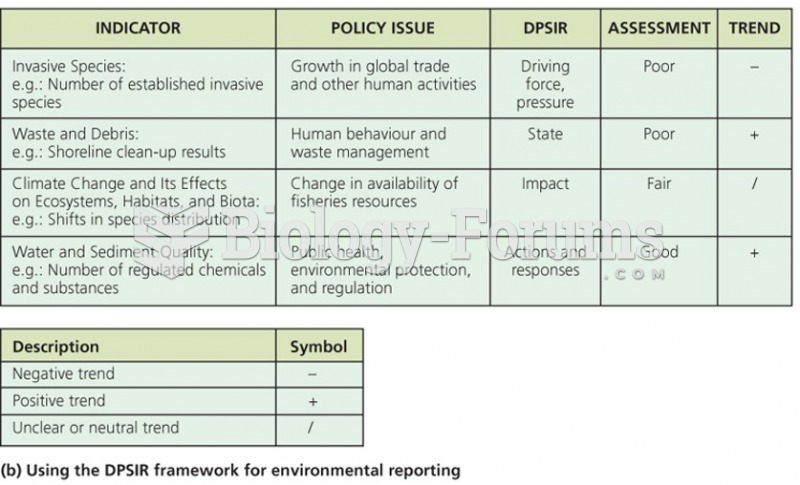This topic contains a solution. Click here to go to the answer
|
|
|
Did you know?
Human neurons are so small that they require a microscope in order to be seen. However, some neurons can be up to 3 feet long, such as those that extend from the spinal cord to the toes.
Did you know?
Women are two-thirds more likely than men to develop irritable bowel syndrome. This may be attributable to hormonal changes related to their menstrual cycles.
Did you know?
A seasonal flu vaccine is the best way to reduce the chances you will get seasonal influenza and spread it to others.
Did you know?
There are 20 feet of blood vessels in each square inch of human skin.
Did you know?
Increased intake of vitamin D has been shown to reduce fractures up to 25% in older people.







